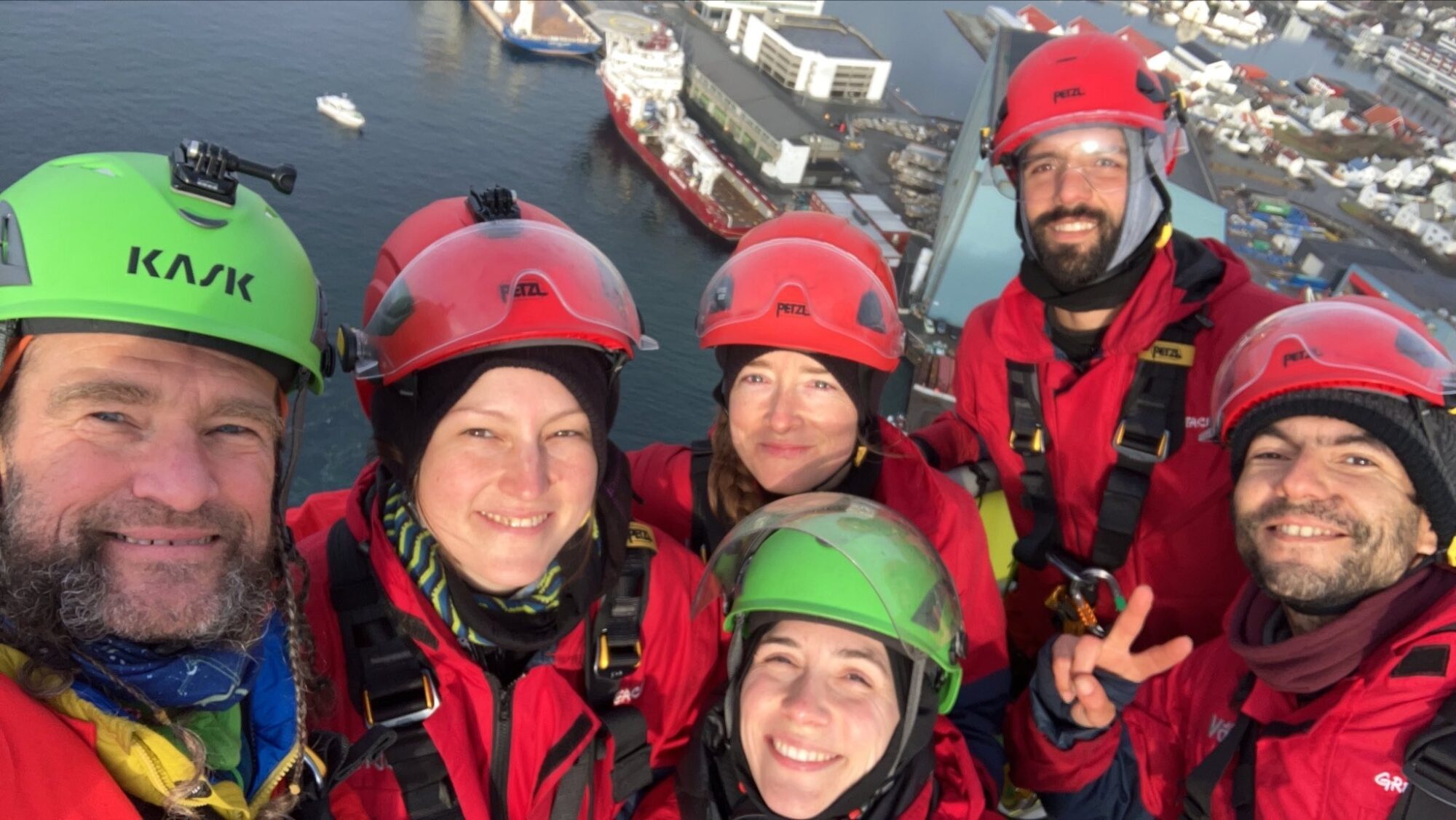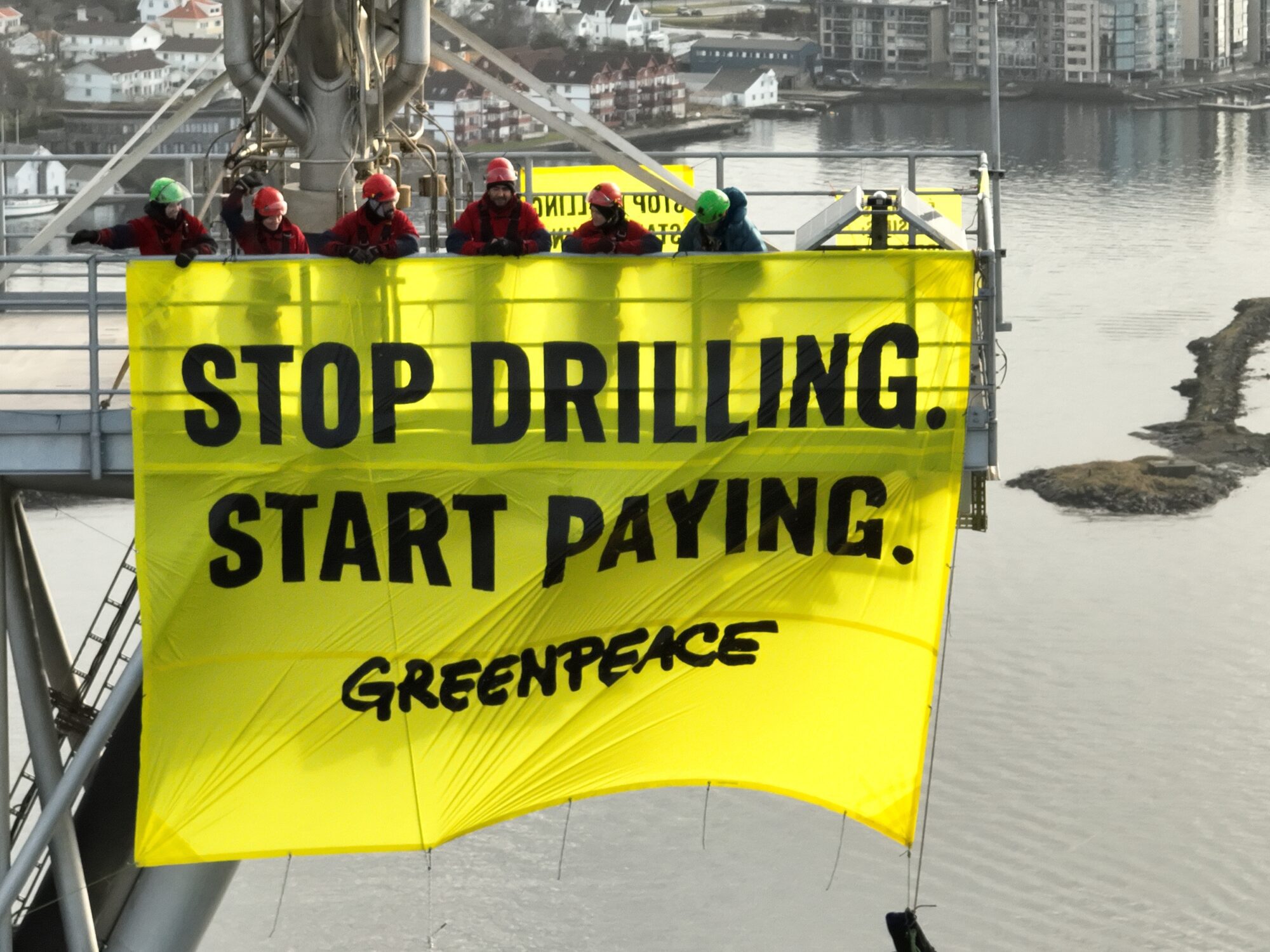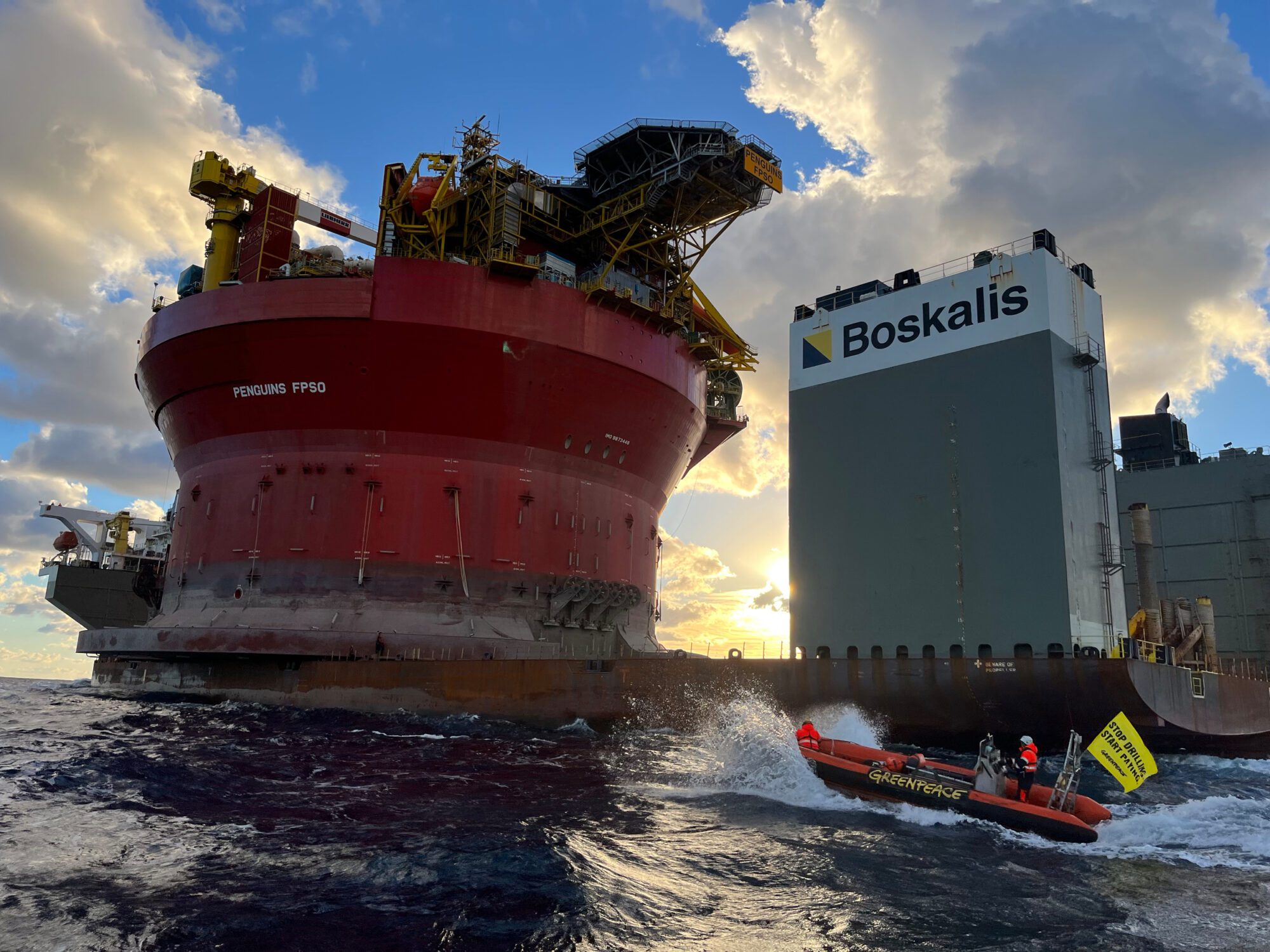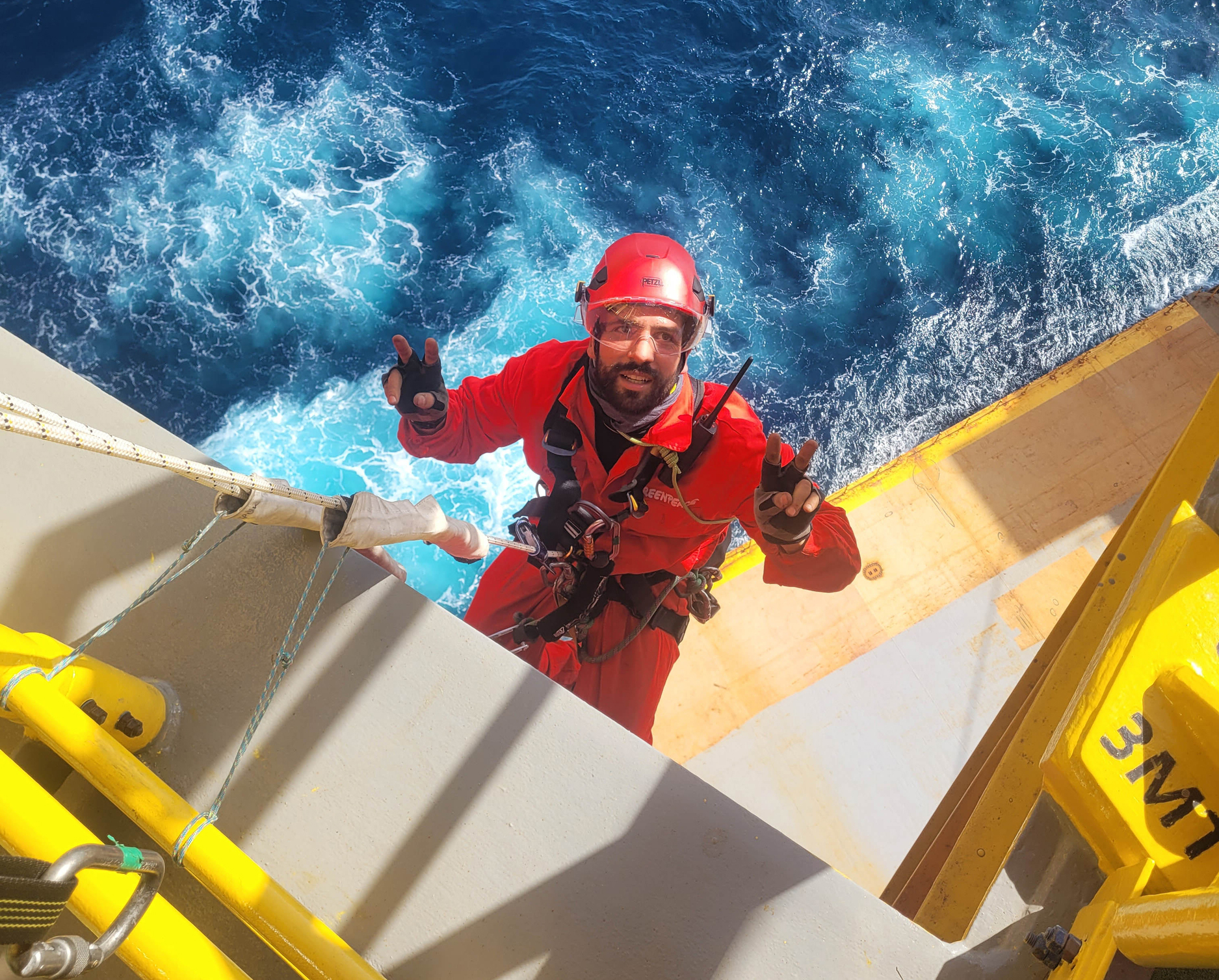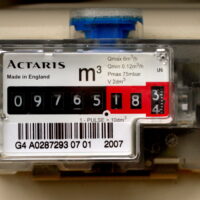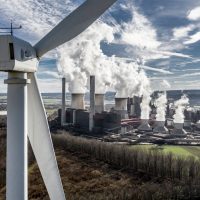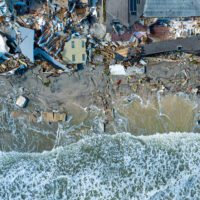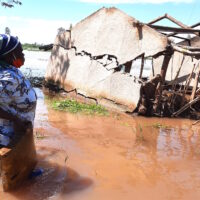Tell Shell: Stop Drilling. Start Paying
Shell doesn’t have much of a social media presence, but they are big on LinkedIn and their new CEO Wael Swan has just posted a new glossy video. Can you join thousands of others by commenting on Shell’s LinkedIn page to demand they stop drilling and start paying?
Send a message to Shell
Tell people what’s happening
Think about someone in your life who’d want to know about this, and link them here, or to Greenpeace’s posts on social media.
Some important facts
There’s a basic injustice at the heart of the climate issue: the people suffering the most are often the ones who did least to cause the problem. Countries like Pakistan, Somalia and the Philippines were rocked by climate disasters in 2022, but people there create much less carbon pollution than those in richer countries.
Climate chaos: Climate change, driven by Shell and other fossil fuel companies, is causing huge damage and disruption worldwide. Some estimates put the cost to poor countries at half a trillion dollars and 293,000 lives.
Shell’s plan: the ship is carrying a piece of equipment called a floating production storage and offloading unit that they’ll use to ‘redevelop’ the ‘Penguins’ oil and gas field in the North Sea. Essentially, they’re planning to squeeze every last barrel out of this field. In the middle of a climate crisis.
How much oil and gas? Shell’s equipment would enable them to pump out the equivalent of up to 45,000 barrels of oil a day from the Penguins field. Burning all the oil and gas they get from this project would create 45m tonnes of CO2. That’s more than the entire annual emissions of Norway.
Drilling for more oil and gas is only good for Shell’s profits: Nobody’s saying we can stop all oil and gas use immediately. But that’s not a reason to drill new wells. There’s already more than enough oil and gas available to keep things going while we switch to clean energy.
Experts say that adding drilling for more oil and gas won’t help bring down energy costs. So this isn’t about supplying people’s needs – it’s about Shell keeping the world hooked on its products, and slowing the shift to better energy sources.
Covering the cost: It’s estimated the fossil fuel industry made enough profit from 2000-2019 to cover the cost of climate losses in 55 climate-vulnerable countries nearly 60 times over.
This is personal: Many of the people involved in this action have been personally affected by climate disaster. You can read the crew’s stories here.

